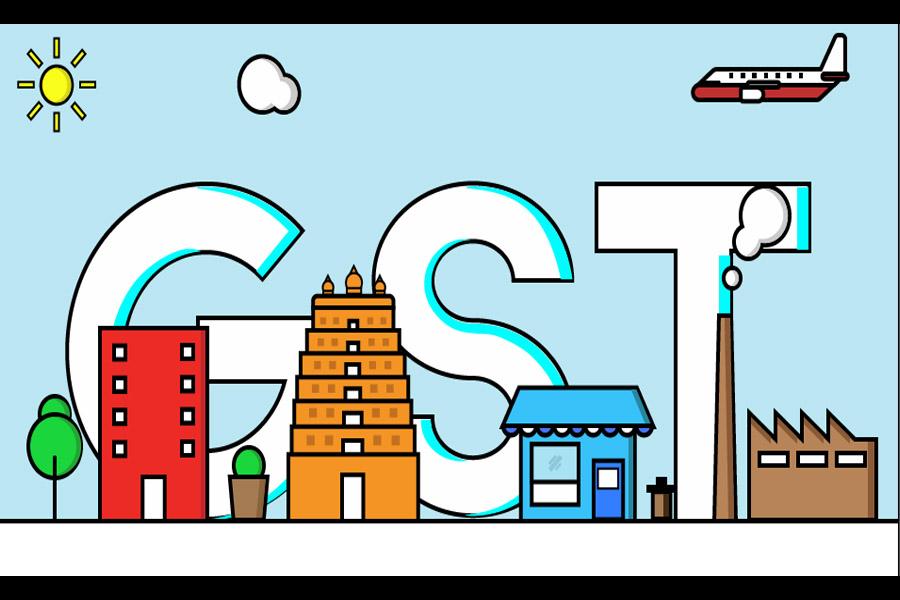
Section 80C and 80D of the Income Tax Act is a boon for many people. Under these sections of the Income Tax Act, you can claim tax benefits on the premium that you pay for life and medical insurance policies. However, one needs to consider the Goods and Service Tax (GST), and whether you can avail similar tax benefits on it.
There are many investment options in India. When you are making investment plans, choosing any insurance policy, and thinking best ways to invest money, you must first understand how much GST is applicable, and whether or not the GST that you have paid is eligible for claiming tax benefits. Also, if we keep in mind Section 80C and Section 80D of the Income Tax, specified tax payers are entitled to claim deduction for the entire sum paid to the insurer when it comes to specified insurance schemes.
Health Insurance
According to the current regulations and rules, nearly 18% GST is charged on the premium that you pay for Health Insurance. Here the tax benefit can be claimed under Section 80D of the Income Tax Act for the premium paid for health insurance policies. The GST applicable to the basic premium can be claimed for receiving tax saving deduction under Section 80D. However, this tax-saving deduction amount is subject to an investment limit under this Section.
Life Insurance
In the case of life insurance policies, the GST will have individual differences depending on which product or policy you have opted for. For example, traditional endowment insurance plans have 4.5% GST applicable in the first year, which then reduces to 2.25% from the second year, whereas term insurance has 18% GST applicable on the basic premium. In ULIPs, GST is calculated after separating the investment amount from the gross premium, and therefore, the 18% GST is not applicable on the entire premium but instead is levied on multiple charges that the investor pays.
If you wish to save tax, then you can claim the GST paid on the insurance premium as a deduction from income along with the premium amount. You, as a taxpayer, must keep proof of the GST paid and the premium payment-related documents.
In a case where you do not find the GST amount separated in your premium receipt, then you can claim the GST amount in your tax return. Additionally, you should keep the other supporting documents, the annual statement of investment option with you if you are asked to present the same.
Conclusion
To sum up, given below is a brief summary regarding the different types of insurance products, and the amount of Goods and Service Tax applicable on each of them –
- Health Insurance – 18% GST is applicable on basic health insurance premium.
- Term Life Insurance – 18% GST is applicable on basic term life insurance premium.
- ULIPs – GST is not charged on overall premium, but calculated after separating the insurance and investment components. An 18% GST is levied on the multiple ULIP charges levied on the plan.
- Traditional life insurance plans like Endowment plans, Money back policy, Whole life insurance plans and pension plans – 4.5% GST is applicable on the first annual premium. Afterwards, a standard 2.25% GST is levied on the subsequent premiums until policy maturity.
